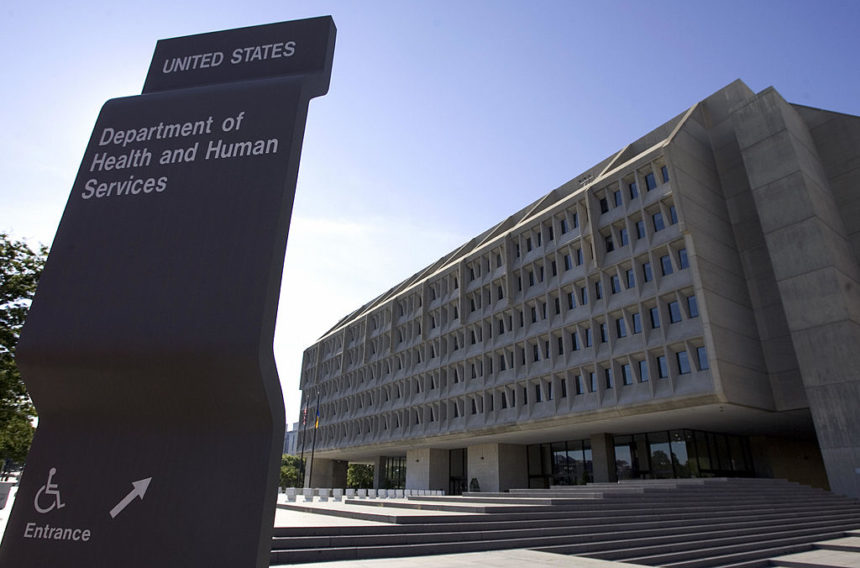The Biden administration is appealing a circuit court ruling that undermined insurers’ ability to wield copay accumulators, the latest signal that the issue of how the controversial tools can be implemented is far from settled.
The notice of appeal was filed by the Department of Health and Human Services with the U.S. Court of Appeals for the D.C. Circuit on November 28.
The notice was accompanied by a motion to clarify the extent of the court’s September 29 ruling, which struck down the 2021 federal rule that had allowed health plans to decline to credit manufacturers’ coupon assistance programs against patients’ deductibles or out-of-pocket limits.
The two separate filings signal that HHS “intends to support the continued use of copay accumulator programs as the industry has been using them since 2021,” wrote attorneys from the law firm Mintz in a blogpost this week.
The message to health plans and pharmacy benefits managers (PBMs) impacted by the district court’s ruling is twofold, the attorneys noted.
First, HHS plans to address the court’s concerns with the rule that the court vacated, the 2021 Notice of Benefit and Payment Parameters (NBBP), which had authorized wider use of the practice.
As noted by plaintiffs in the district court case, the rule conflicted with the statutory definition of “cost sharing” in the ACA and had clashed with federal agencies’ definition of the term in pre-existing regulation.
Judge John D. Bates agreed, noting that HHS had “yet to offer a definitive interpretation of this language that would support the rule.”
The most direct way to address this would be to amend the definition to exclude manufacturer copay assistance, the Mintz attorneys speculated.
Second, until such rulemaking is issued, it appears that plans and PBMs can continue applying copay accumulators as they’ve been doing since 2021 “without fear of HHS reprisal,” the attorneys opined.
The case against the copay accumulator rule, which had been brought by three patient groups and three individual patients, drew support from 29 other advocacy groups.
In its wake, insurers and PBMs were left to fall back on the federal rule that governed 2020 health plans, which permits copay accumulators only for branded drugs with a generic, if allowed by state law. Since most copay assistance is for brands lacking a generic, the ruling essentially left insurers open to apply the program in a smaller subset of brands.
Instead, HHS Secretary Xavier Becerra and Chiquita Brooks-LaSure, administrator of the Centers for Medicare & Medicaid Services (CMS), both of whom signed off on the appeal, appear to want to preserve broader use of the tools, which have been pulled into the contentious legal and policy debate over high drug prices.
In a letter sent to Becerra and Brooks-LaSure this week, Sen. Marsha Blackburn, (R-Tenn.), implored the officials not to appeal what she called “an even-handed, commonsense legal opinion.”
Doing so, the senator added, “risks rubber-stamping one of the most pernicious and pervasive tools” deployed by PBMs and their insurer clients. Moreover, the appeal runs counter to the Biden administration’s stated commitment to drive down prescription drug costs.
“I urge you to reconsider and reverse course as expeditiously as possible,” Blackburn wrote.
In the meantime, plaintiffs can challenge the federal appeal, and any future rulemaking can be contested, either on substantive or procedural grounds, attorneys noted.
For a December 2023 article about the HHS and patient groups, click here.







